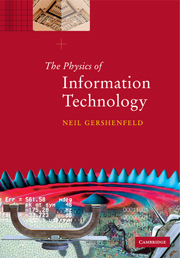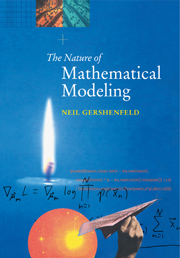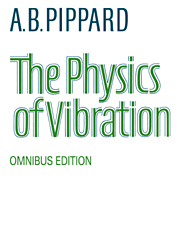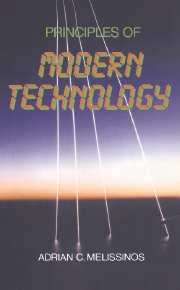The Physics of Information Technology
The Physics of Information Technology explores the familiar devices that we use to collect, transform, transmit, and interact with electronic information. Many such devices operate surprisingly close to very many fundamental physical limits. Understanding how such devices work, and how they can (and cannot) be improved, requires deep insight into the character of physical law as well as engineering practice. The book starts with an introduction to units, forces, and the probabilistic foundations of noise and signalling, then progresses through the electromagnetics of wired and wireless communications, and the quantum mechanics of electronic, optical, and magnetic materials, to discussions of mechanisms for computation, storage, sensing, and display. This self-contained volume will help both physical scientists and computer scientists see beyond the conventional division between hardware and software to understand the implications of physical theory for information manipulation.
- From the author of The Nature of Mathematical Modeling (1998), which sold more than 5000 copies in a little over a year
- Author also wrote the best-selling When Things Start to Think (Hodder)
- Author from the world-famous Center for Bits and Atoms at MIT
Reviews & endorsements
Review of the hardback: 'Gershenfeld's book will be valuable for physical scientists looking for an enjoyable introduction to the information sciences.' Science
Review of the hardback: 'The book is attractive for its presentation bringing together in a skillful way fundamentals of physics and technological devices … this book is very recommended for teaching the basics of electrical engineering and the simultaneous breath of coverage and conciseness is quite amazing.' Zentralblatt für Mathematik
Product details
June 2011Paperback
9780521210225
388 pages
244 × 170 × 20 mm
0.62kg
Available
Table of Contents
- Preface
- 1. Introduction
- 2. Interactions, units, and magnitudes
- 3. Noise in physical systems
- 4. Information in physical systems
- 5. Electromagnetic fields and waves
- 6. Circuits, transmission lines, and wave guides
- 7. Multipoles and antennas
- 8. Optics
- 9. Lensless imaging and inverse problems
- 10. Semiconductor materials and devices
- 11. Generating, modulating, and detecting light
- 12. Magnetic storage
- 13. Measurement and coding
- 14. Transducers
- 15. Timekeeping and navigation
- 16. Quantum computing and communications
- Appendix 1. Problem solutions.





